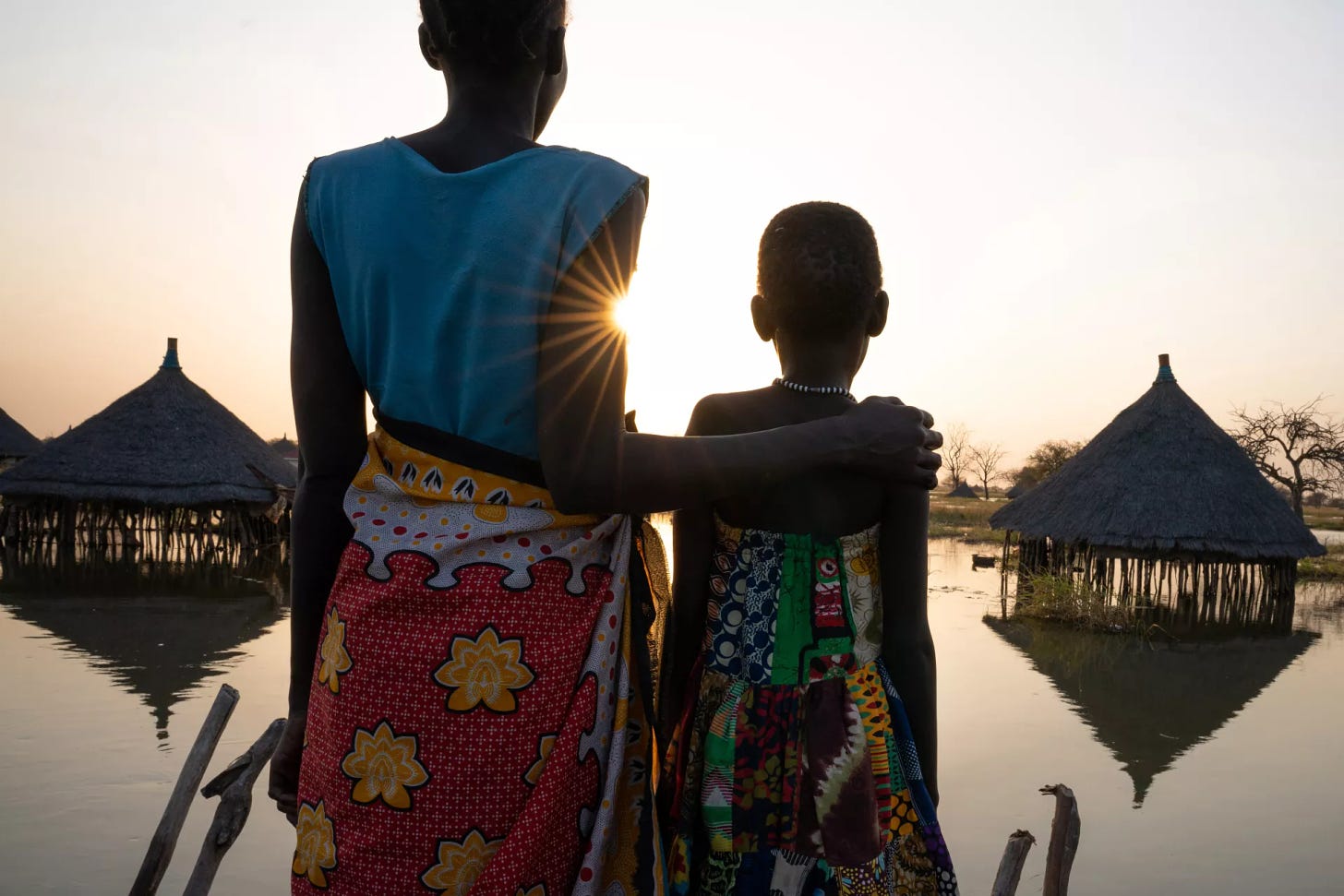Climate Crisis Jeopardizes Education for Millions of World's Most Vulnerable Children
Climate shocks can damage schools, displace students, or force them into work, with girls particularly affected and less likely to return after such disruptions.
LONDON, United Kingdom- A staggering one in two out-of-school children and adolescents worldwide live in countries at the forefront of the climate crisis, according to a new analysis by Save the Children, writes Winston Mwale.
The findings come as extreme heat has forced hundreds of schools to shut in the Philippines this week, while in South Sudan, students are only just returning after two weeks of heatwave-induced closures impacting tens of thousands.
In its analysis, Save the Children examined how many of the approximately 250 million children and adolescents aged 5 to 19 who are not in primary or secondary education live in places most vulnerable to climate change.
The study found that 50% reside in 36 countries that are at high risk of the negative effects of the climate crisis yet least able to adapt.
"The climate crisis is a child rights crisis, and its effects on children's right to learn is a stark reminder of this," said Kelley Toole, Save the Children's Interim Global Director of Child Poverty, Climate & Urban.
"The climate emergency threatens children's ability to access education and has potentially life-long consequences for children already living in countries where out-of-school rates are highest."
Globally, the countries most vulnerable to climate change are often the poorest or most fragile, where children already face obstacles like conflict, poverty, disability, and gender inequality that increase their likelihood of being out of school.
Climate change exacerbates extreme weather events and natural disasters that disrupt education, with around 62 million children and adolescents in 27 countries experiencing such impacts since 2020.
In South Sudan, scorching temperatures of up to 45°C prompted the government to order a two-week school closure.
Meanwhile, in the Philippines, temperatures in at least 10 of the nation's 17 regions are expected to hit or exceed 42°C this week, about 20% higher than typical April levels.
"Unless we act to protect education from the negative effects of a changing climate, the impact on these children's futures will only be more pronounced," Toole warned. "We cannot let inequality build upon inequality and injustice upon injustice."
More than 1 billion children globally live in countries highly susceptible to – and often already experiencing – the effects of climate change.
Climate shocks can damage schools, displace students, or force them into work, with girls particularly affected and less likely to return after such disruptions.
Save the Children is calling for improved understanding of climate change's impact on education, increased focus on education in climate action, and greater global investment in climate and education initiatives, particularly in Africa, where the African Union has declared 2024 the Year of Education.




